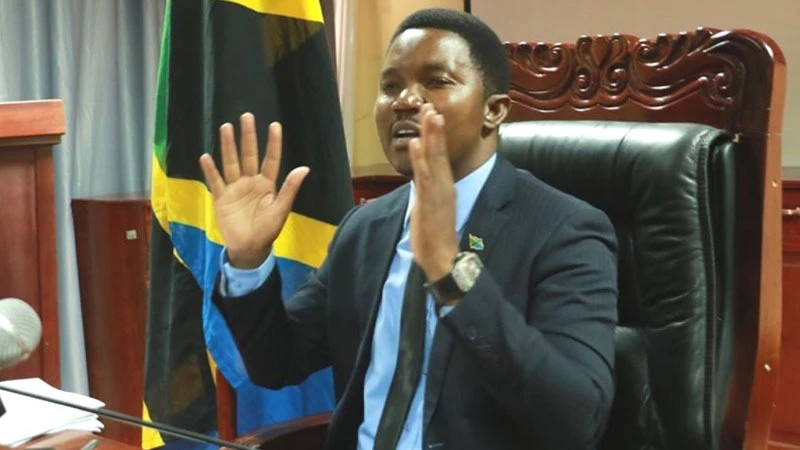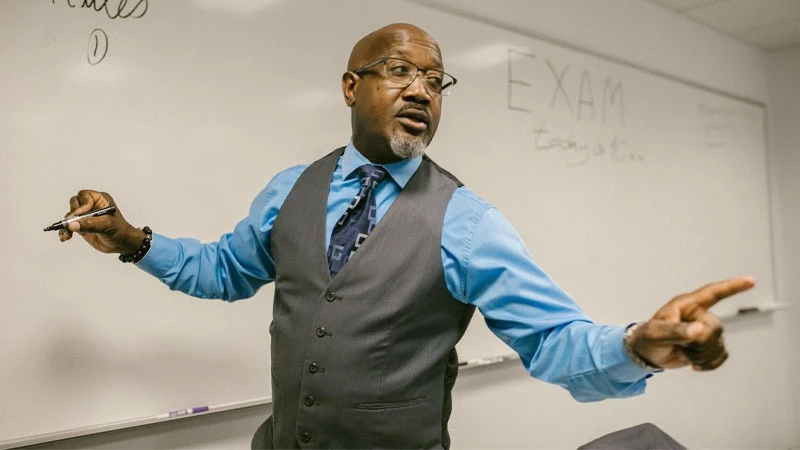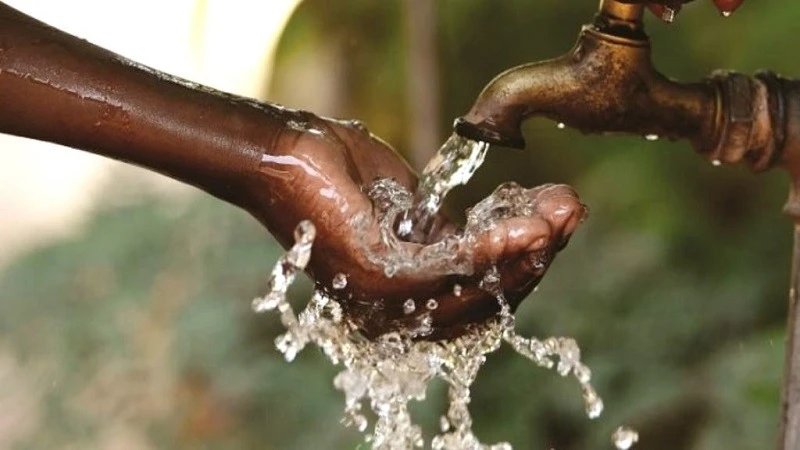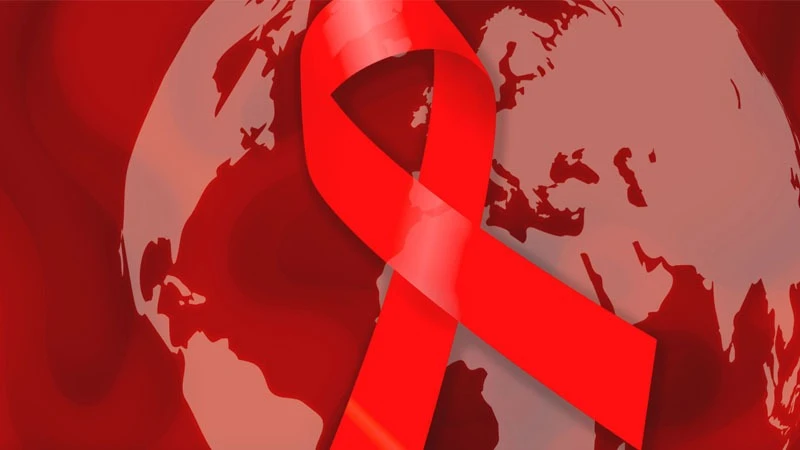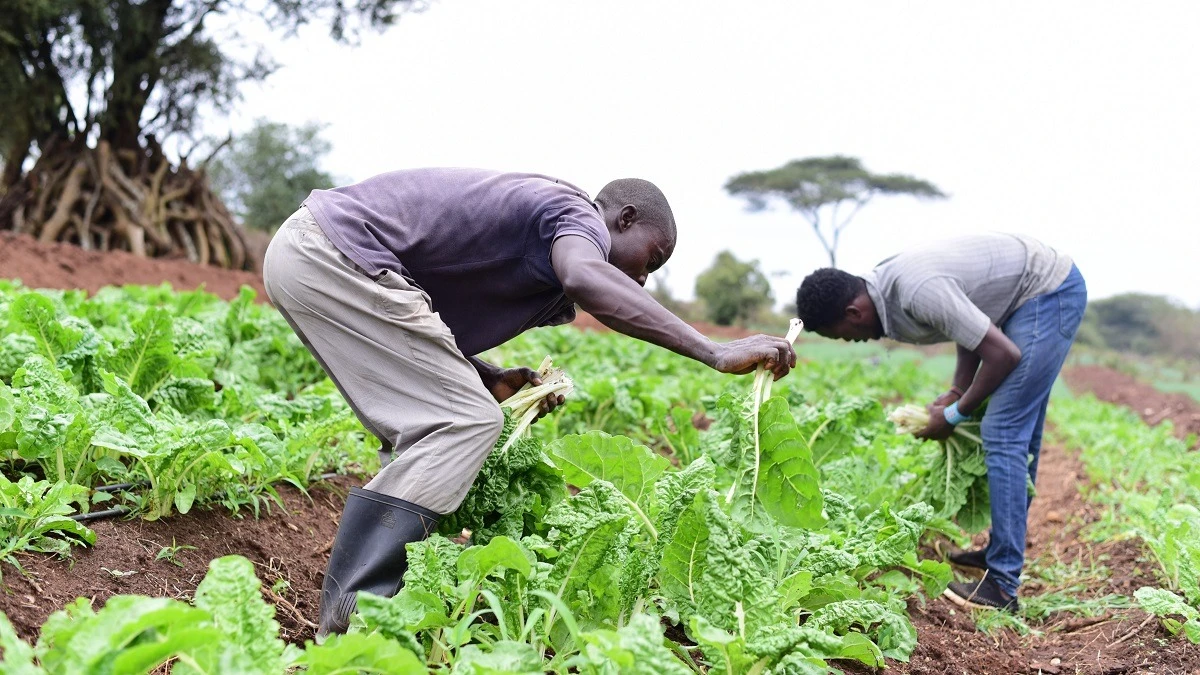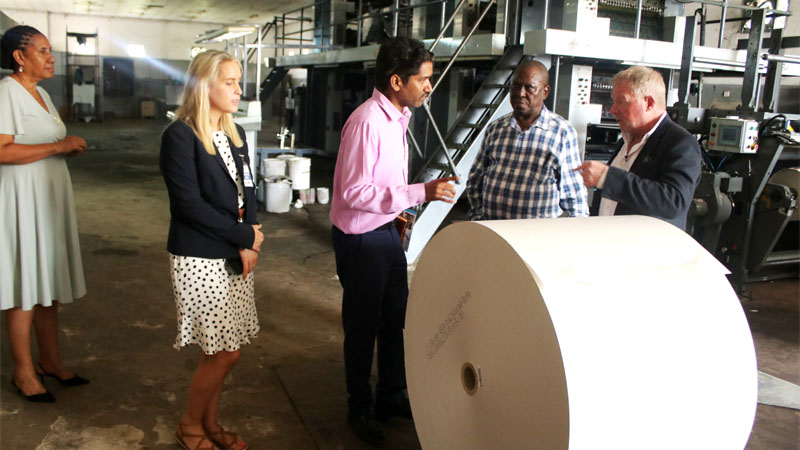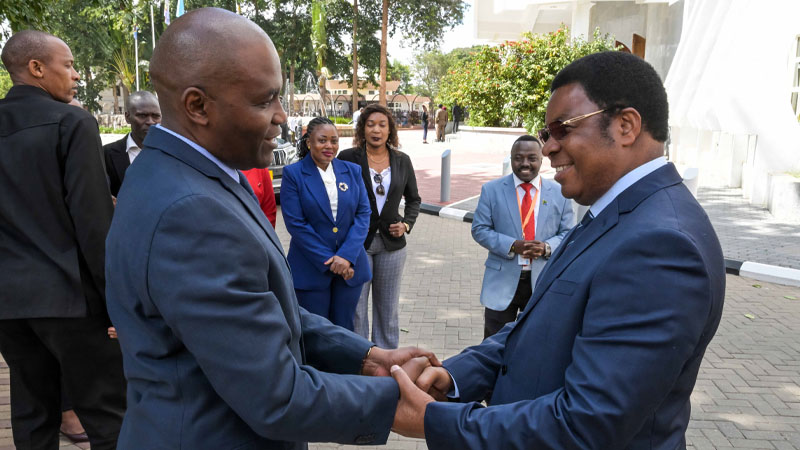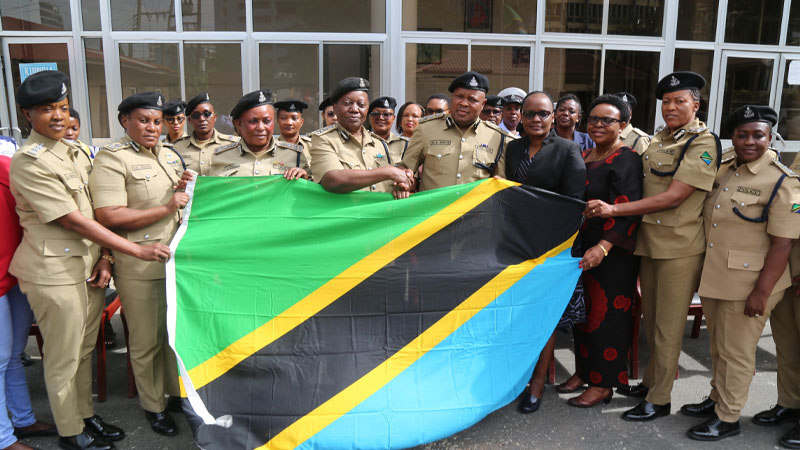LHRC: Women still lagging in legal aid digital platforms
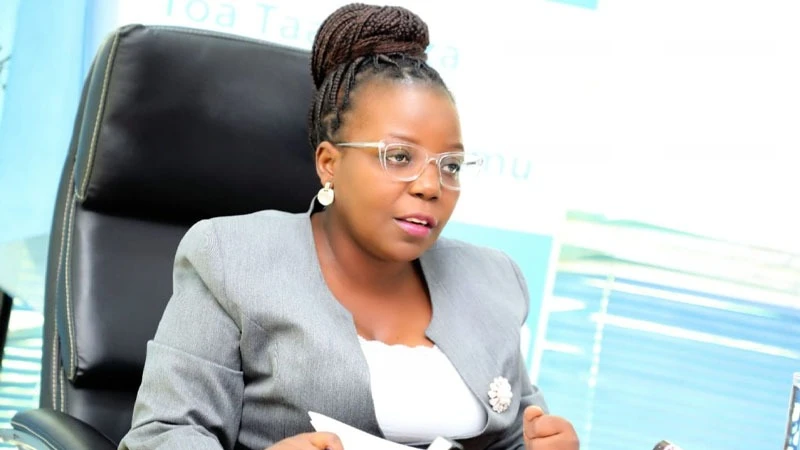
DESPITE efforts by human rights activists to reach out to the majority of the public through digital platforms, women still lag behind in the use of social media to access public information compared to men, a new report shows.
Dr Anna Henga, the Legal and Human Rights Centre (LHRC) executive director made this assertion in an annual report launched yesterday, showing that parity in human rights and social support facilities via digital platforms between men and women is unbalanced.
While indicating key achievements that LHRC attained last year, the report says that a public education programme last year reached 16.8m people, via 790 community radio shows and online television.
Haki TV attracted 272,423 viewers through Facebook, twitter and Instagram, the report noted, highlighting gender differences in those reached in the digital platforms.
Twitter fielded 80 percent men among those accessed and on Instagram the proportion was 73.3 percent for men, she stated, attributing the differences to culture, ability to own a smartphone and parenting.
These are some of the reasons for women in the country not achieving digital equality goals, she said, noting that data from the Tanzania Communications Regulatory Authority (TCRA) indicates that men are in the lead in digital usage.
The number of individuals reaching LHRC for legal assistants are predominantly male, she stated, elaborating that LHRC was placing more efforts in reaching women for legal assistance.
This is being conducted at usual areas of group presence such as market places, maternity wards and clinics, she said, explaining the effort from the lack of digital devices on the part of many women.
LHRC expects to reach more women by using simple language in an effort to raise awareness, she said, explaining that LHRC significantly expanded its legal aid services during the past year.
The centre assisted 29,491 clients, a 50 percent increase from 2022 and surpassing its client outreach target with 147 percent performance, she said, noting that reflecting a growing demand for legal assistance.
Gender breakdown shows that 65 percent of clients were male, while this expanded reach contributed to LHRC winning 209 court cases, an improvement from 173 cases won in 2022.
Positive case outcomes were dominant with 68 percent of cases won on behalf of male clients and 32 percent were won for female clients, she specified.
A mobile phone application enabled LHRC to respond to 50 percent of reported human rights violations out of 1,919 incidents, with women being the majority of victims at 56 percent.
Men were victims in 44 percent of cases where LHRC exercises its commitments to improving access to justice and safeguarding human rights in the country, she further asserted.
LHRC observed a notable increase in women aspiring to be candidates in the coming local government elections in Coast Region in places like Rufiji, Mkuranga, Kisarawe, Mafia, Kibaha, Bagamoyo and Kibiti. This was due to the empowerment initiatives by women councillors, the director affirmed.
Collaborative efforts between LHRC and the government had enabled the formulation of the national marriage reconciliation guidelines, she said, underlining that it is an essential tool in matrimonial disputes, to stem increasing rates of divorce.
LHRC has documented 30 years of multiparty democracy in a book launched on ‘Democracy Day’ last year to serve as a historical reference and advocacy tool, she added.
Top Headlines
© 2024 IPPMEDIA.COM. ALL RIGHTS RESERVED







